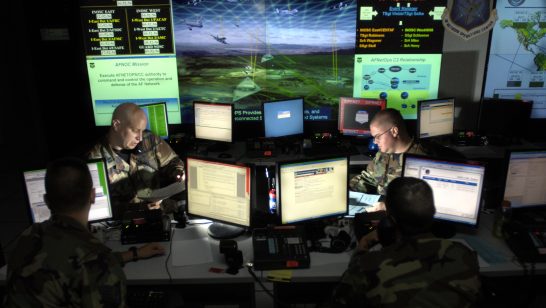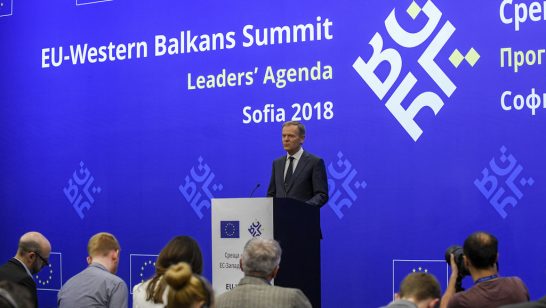
The European Leadership Network (ELN) has collaborated with the Atlantic Council in Washington and the Russian International Affairs Council (RIAC) in Moscow to prepare a report on the future of European security and the Russia-West relationship.
This report is the culmination of a series of debates between American, Russian and European experts, including the ELN’s Ian Kearns and Lukasz Kulesa. The three chapters of the report reflect the different approaches of Russian and Western experts on the future of European security. While this report may point out key differences of opinion, especially in the context of the Ukraine crisis, it also shows that Russians, Europeans and Americans can engage in a constructive and frank dialogue about issues that impact on us all.
We hope that this report will help foster a clearer understanding of the European, American and Russian positions, in order to be fully prepared to bridge gaps and work together for the stability of the whole of Europe.
ELN Director Ian Kearns and Research Director Lukasz Kulesa, together with Markus Kaim (SWP, Germany) and Paal Hilde (IFS, Norway), contributed the European perspective. The authors highlight major areas of disagreement as well as the spheres in which pragmatic cooperation can still be pursued.
Three key areas of Europe-Russia disagreements are:
- A growing values gap between an authoritarian Russia and a liberal Europe;
- Diverging visions of the future of the post-Soviet common neighbourhood;
- Differing approaches to the rules governing the Euro-Atlantic security order.
Despite the magnitude of the challenges, the European experts identify the following areas of possible cooperation:
- Avoidance of NATO-Russia military escalation and limiting the danger of unintended incidents;
- If a durable ceasefire in East Ukraine can be achieved, economic support for Ukraine, with a trilateral process of consultations between the EU, Ukraine, and Russia on the implementation of Ukraine’s Association Agreement. This should include humanitarian and reconstruction assistance, through an international donor conference, for war-damaged areas in Ukraine;
- Avoidance of a rupture of the Europe-Russia energy relationship;
- Dialogue on the future of the European security order, with Track II efforts essential given the diverging interests and interpretations of the current crisis between Western and Russian officials;
- Cooperation on selected global and regional challenges, such as the Iranian nuclear program or trans-border crime.
Download the full report here.
The opinions articulated above represent the views of the author(s), and do not necessarily reflect the position of the European Leadership Network or any of its members. The ELN’s aim is to encourage debates that will help develop Europe’s capacity to address the pressing foreign, defence, and security challenges of our time.






